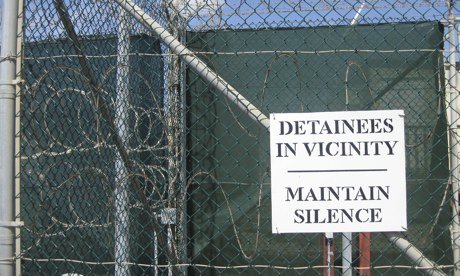http://www.opendemocracy.net/ourkingdom/joel-sharples/realities-of-outsourcing-court-interpreters-mean-miscarriages-of-justice
Since court interpreting has been outsourced, wages have plummeted, quality of interpreting has dropped to a dangerous level, and the justice system has often ground to a halt. A foretaste of what to expect from outsourced services across the country?
…
Prior to February 2012 interpreters would be paid a flat rate of £85 for a court hearing, plus £15 an hour for travel time and reimbursement of the travel fare. When Crapita took over they slashed the rates to £16-22 an hour with no payment for travelling or waiting time. Bob described what this means in practice for interpreters. “For example, they might phone up and say, ‘We have a job for an Italian interpreter in central London. There will be about three hours work there.’ There might be, or there might not be, but it will take you an hour to get there from the suburbs, it will cost you £6 to get there and back, and when you get there you might only have an hour’s work.”
In this case, the interpreter could take home just £10 for three hours of their working day after travel expenses are deducted. Bob estimates that interpreters now earn between 25 and 40 percent of their previous rate for a court hearing. “If you’re only there for one hour, less your fare, less your national insurance, less your tax – forget it; it’s a waste of time.” In one particularly extreme example, a Vietnamese interpreter traveled from Newcastle to Sussex – a 560 mile round trip – only for the hearing to be adjourned after eight minutes.
The impact that these changes have had on court proceedings is also concerning. “Normally you would get there early because you need to be available for a conference before the hearing starts – a discussion in private with the lawyer and the client. Now you won’t be paid for that, so what happens is people turn up at 10am when the court starts, not at 9.30am when the conference starts. The lawyer will say to the court, ‘I haven’t had a chance to discuss things with my client because the interpreter wasn’t there,’ and the judge will say ‘All right, we’ll adjourn it for now and you can go down and talk to your client.’”
That’s if the interpreter shows up at court at all. In the first year of the contract over 600 trials were abandoned due to Capita failing to provide an adequate interpreter, and Crapita also received 6,417 complaints about the standard of the service they were providing – over 25 per working day! Bob describes their approach to interpreting as “like selling cabbages: pile ‘em high, sell ’em cheap, and you make more money. But interpreters are not cabbages. You need to be able to stand up to questioning in court. You need to be able to instantly interpret accurately for a long period of time. You need to understand the subtleties and the cultural and linguistic differences between the foreign language and the English language.”
The changes in pay and conditions have led to an exodus of experienced and qualified interpreters from the courts. Bob told me that many of his former colleagues have returned to their country of origin, no longer able to afford life in Britain, while others have turned to walking dogs, babysitting and cleaning in order to pay the bills. Others have found part-time teaching or written translation work, but at a fraction of their former salary.
As a result of this refusal to accept their terms, Capita have been forced to employ people with no experience of interpreting, let alone of working in a high-pressured court environment. A survey of Crapita interpreters conducted by Involvis found that 44.5% had not been asked to undergo any kind of assessment of their interpreting skills before being offered jobs by Capita. In one of the more farcical episodes of this mostly tragic saga one interpreter managed to register her pet rabbit as an interpreter with Applied Language Solutions (the company that was granted the initial contract before being taken over by Capita).
…


